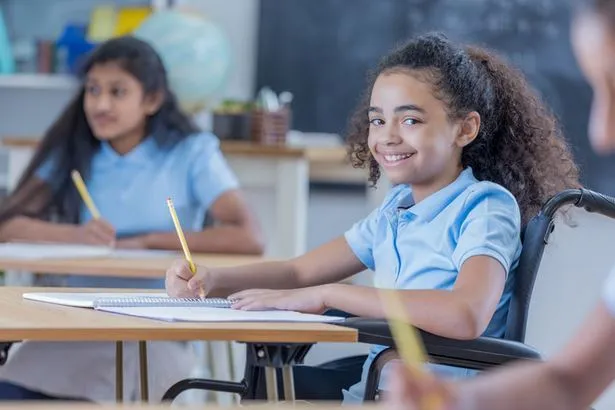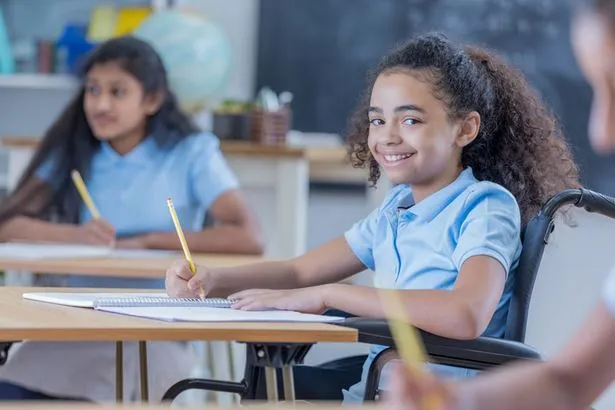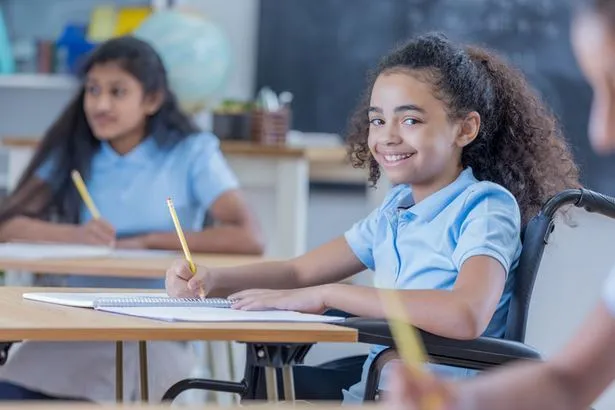Transcription Adequate protection
Although some people believe that overprotecting ensures a child's safety and well-being, this is not necessarily true. In fact, overprotection can have negative effects on their development. This evidence confirms that there is no direct relationship between overprotection and a quality education.
A parent should provide balanced guidance to their children, allowing them to acquire skills and abilities that will help them face life's challenges.
Signs of overprotection.
What are the signs that we are being overprotective of our children?
- We solve their own problems.
- We don't encourage self-confidence.
- We become their bodyguards: we control, defend and watch their every step.
- We do not provide them with the necessary tools to encourage autonomy.
- We avoid at all costs that they experience negative or challenging emotions to avoid frustration.
- We arrive at a mindset that mistakes are negative and there is no need to learn from them.
- We do not allow them to choose and make decisions for themselves.
If a child falls while learning to ride a bike and we overreact, he is likely to cry. However, the reason for their crying will not be the blow itself, but the emotional response we show to it.
Allowing them to experience life events as they grow is a way to teach them to avoid future falls. In this way, they will be able to enjoy a positive mindset free from fear of failure or frustration.
Caring.
On the other hand, the actions we take when we care are:
- We show them love and support.
- We meet their basic needs, such as nutrition and sleep.
- We believe in them and give them confidence.
- We establish healthy limits for a healthy and safe coexistence.
- We provide them with valuable tools to solve problems and make decisions.
- We look after their health and take steps to prevent and correct health problems if necessary.
- We cultivate their emotional, cognitive and social skills for their development in society.
- We educate for
protection adequate




